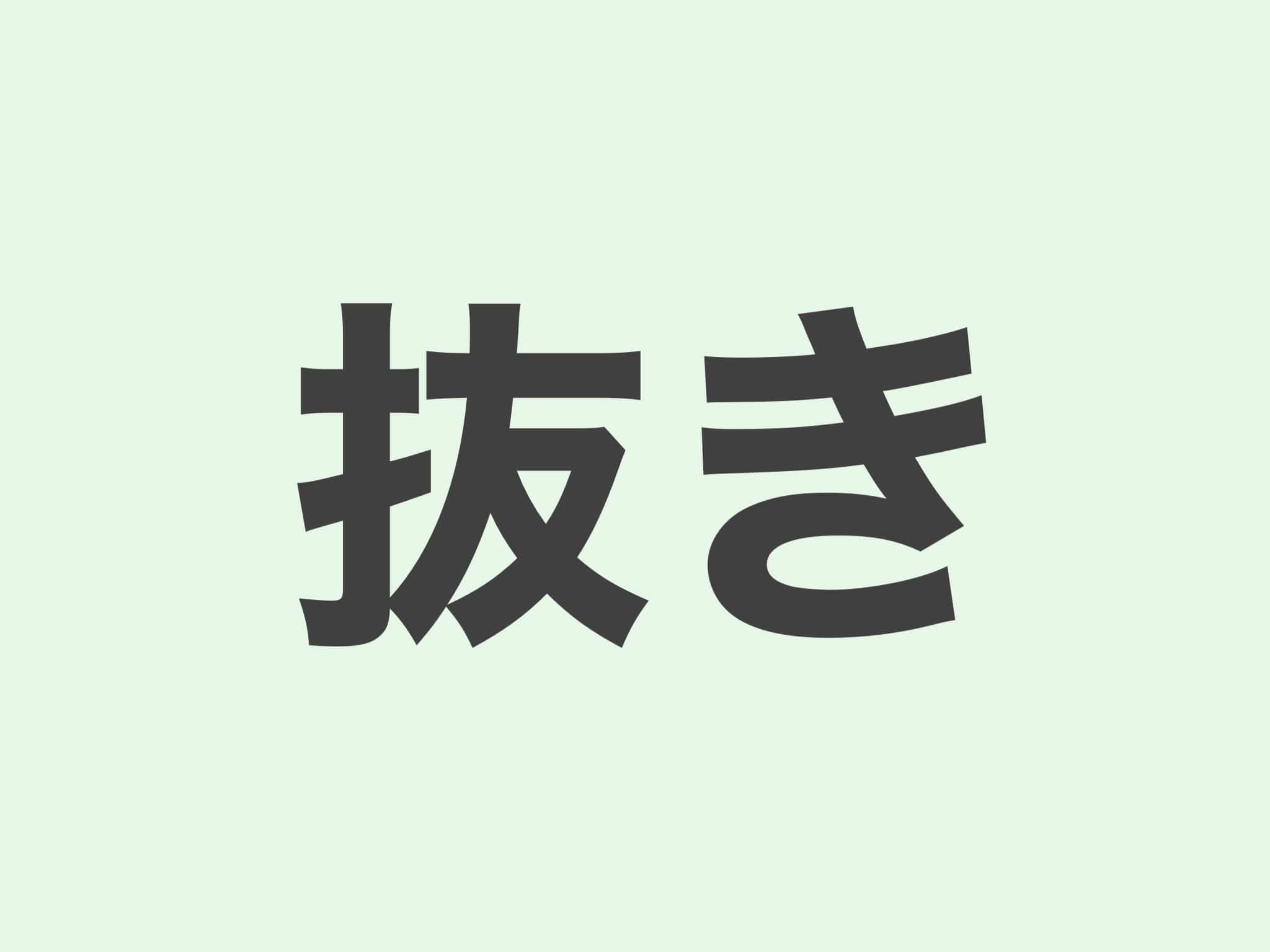説明 (Explanation)
文法(Grammar):名詞+は抜きにして・は抜きで・は抜きで
意味 (Meaning):〜を除いて/〜なしでという意味。
英語(English):Means ‘excluding ~’ or ‘without ~.
JLPT Textbook Recommendations
例文 (Examples)
- 今日の飲み会は仕事の話抜きで楽しもう。
- お世辞抜きで、君の料理は本当に美味しいよ。
- 田中さん抜きでミーティングを始めます。
- サラダはトマト抜きでお願いします。
ひらなが (Hiragana)
- きょうのいんかいはしごとのはなしぬきでたのしもう。
- おせじぬきで、きみのりょうりはほんとうにおいしいよ。
- たなかさんぬきでミーティングをはじめます。
- サラダはトマトぬきでおねがいします。
英語翻訳 (English Translation)
- Let’s enjoy today’s party without talking about work.
- No flattery—your cooking is really delicious.
- We’ll start the meeting without Mr. Tanaka.
- I’d like the salad without tomatoes, please.





コメント